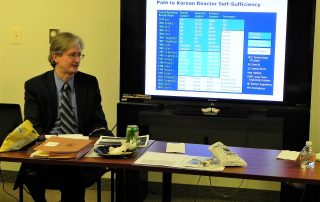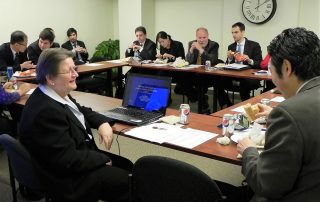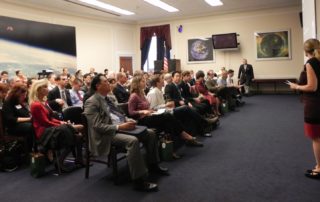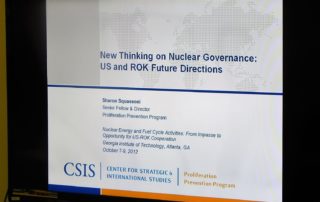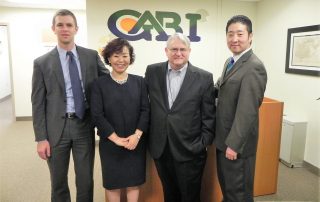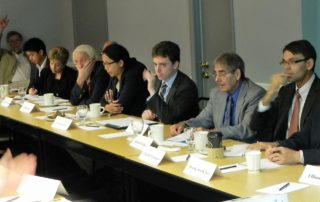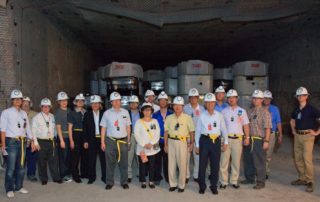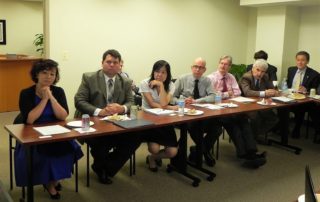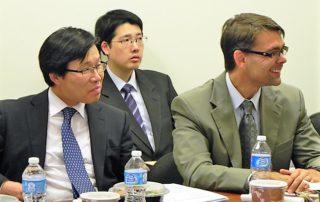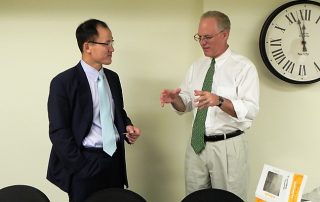At present, dialogue on nuclear technology in Washington, DC has tended to focus on issues related to nuclear materials security, nonproliferation, and arms control issues, rather than nuclear power. As a result, the policy community in Washington tends view nuclear power technologies with some skepticism. Given this environment, it is GABI’s commitment to promote, educate, and enhance the understanding of the vital role of nuclear power from the perspective of ensuring energy security, reliability and sustainability.
Potential Effects of a Lapse in the US-Korea 123 Agreement
Potential Effects of a Lapse in the US-Korea 123 Agreement December 13, 2012 The current US-ROK 123 Agreement for Cooperation on Civil Uses of Atomic Energy entered into force in 1973, and after having been active for nearly forty years, is set to expire in March 2014. To avoid a lapse, it is believed that

